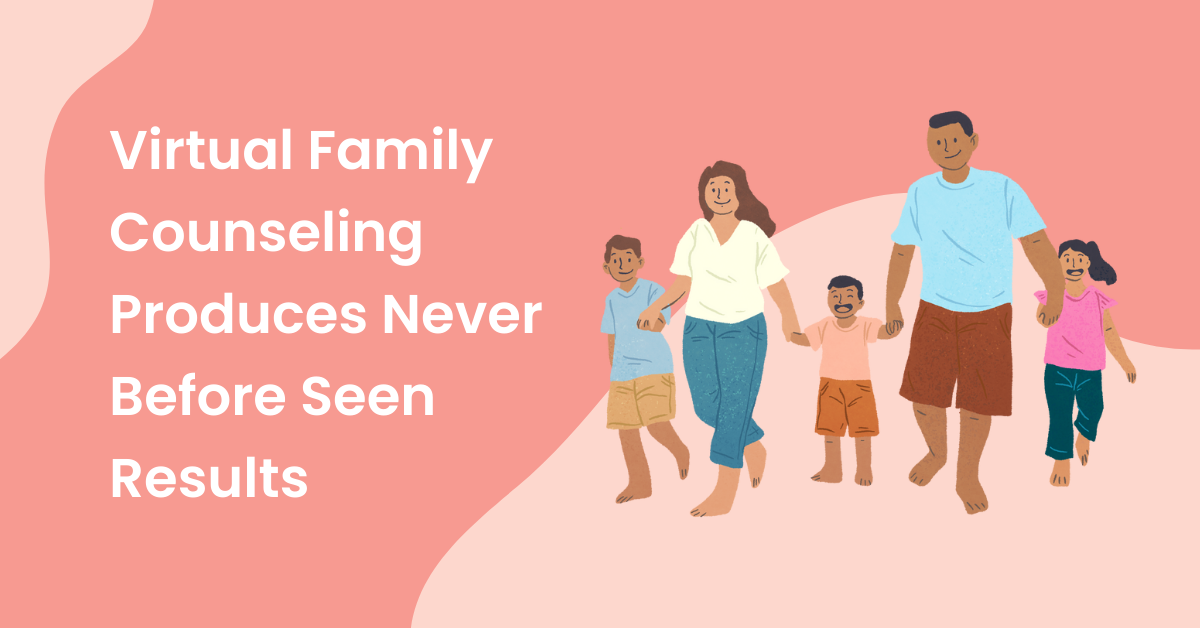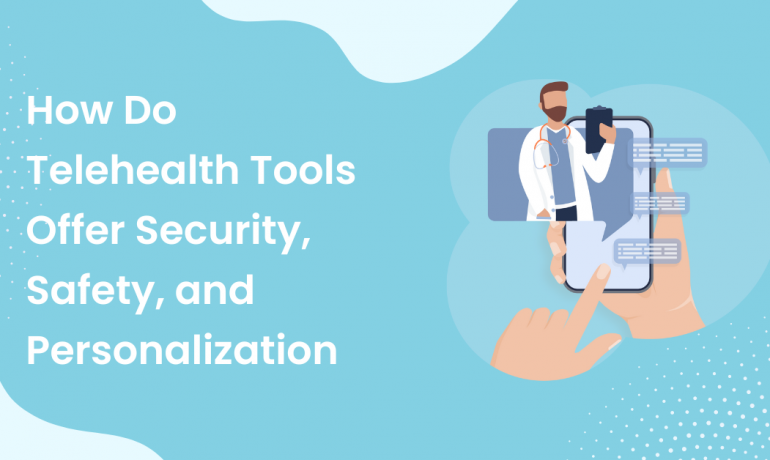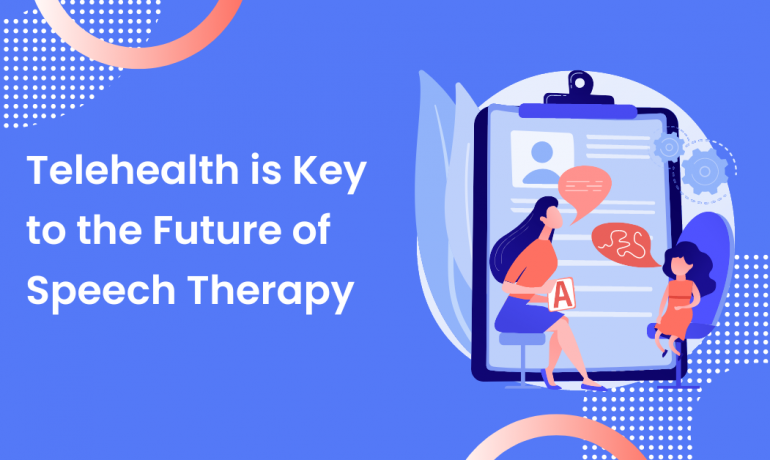Most of us have never imagined what it would be like to provide family counseling to patients through a screen. However, the pandemic has drastically altered the way that we do therapy, and possibilities never before imagined are now a reality. Despite the strangeness of this new normal, it is up to therapists to embrace telehealth services and find a way to give their clients a welcoming and effective experience in this new virtual realm.
What Is Family Counseling?
In a typical in-person setting, the main focus of family counseling is to build up the communication skills of the family members involved. After all, without proper communication, solving problems within the family structure is nearly impossible. Therefore, family counselors must help the family figure out what types of communication issues are creating difficulties in the household and suggest ways to overcome these challenges. For example, it is common for family members to speak angrily to or blame one another. It is easy to see how such negative interactions can create strain in familial relationships.

A trained counselor can help with such issues by breaking down the dynamics of the family in question and helping each party notice behavioral patterns that contribute to the family’s problems. In addition, family counselors do not only focus on the negatives - but they also help make the family aware of the positive aspects of their interactions. With the help of a trained professional, families are able to reach the goals that they set out to achieve.
Different Types of Family Counseling
Structural Therapy
There are many different types of family counseling for clients to choose from. One of the most popular is structural therapy, which focuses heavily on fixing the relationships between family members. Salvador Minuchin was the first to come up with this method, and he emphasized the mental harm that certain family dynamics can cause. In this type of therapy, family mapping is a common technique. This is where family members create diagrams in order to communicate their perceptions of their family structure and dynamics.
Strategic Therapy
Strategic therapy is definitely not a passive form of therapy. Rather, it encourages participants to reenact scenarios from the family members’ lives. This is a way for family members to take a step back and view their problems in a different light so that they can learn how to solve them. In addition, other techniques are used in order to create challenges for the family, such as the therapist creating stressful situations for the family so that they can learn how to deal with the stress in a constructive way. This form of therapy works especially well for children between 7 and 16 years old.
Family Systems Therapy
Family systems therapy is yet another form of therapy. This type of therapy is different from the first two mentioned because it has more of a focus on the individual. Specifically, therapists who perform family systems therapy believe that problems affecting an entire family often stem from problems facing individual family members. Birth order and generational dynamics are also taken into account by the therapist. Some of the techniques used in systemic therapy are couples therapy and intergenerational family therapy. As you can see, despite a big focus on the individual, there is still a focus on how family members relate to one another.
These are just a few of the main types of family counseling. There are plenty more where that came from. Communication therapy, psychoeducation, narrative therapy, transgenerational therapy, and relationship counseling are all options for mental health professionals interested in helping families overcome obstacles in their relationships.
Why Choose Virtual Family Counseling Instead of In-Person Family Counseling?
There are so many reasons why virtual family counseling is excellent for both counselors and patients. As with any online therapy session, the advantage for both patients and counselors is that they are able to participate in the session from their own homes without the hassle of needing to travel to the office. With the click of a button, both parties are able to access the video conference call without needing to be there in person. After experiencing such convenience, why ever consider going back to in-person therapy?
When it comes to child patients, there are certain benefits that are immediately apparent. For example, children and teenagers may feel embarrassed about physically being at the office for a family counseling appointment due to potential stigma from their peers for partaking in counseling. The last thing we want is for younger patients to feel reluctant about coming to therapy. Therefore, virtual family counseling is the perfect choice for younger patients.

Another amazing benefit of virtual counseling is that family members who are not in the same physical location can still log on for a therapy session at the same time. It’s easy to imagine how easy it is for two divorced parents to “meet up” at a virtual therapy session, instead of needing to coordinate their schedules for an in-person session. An adult child who is away at college can also easily attend a session this way. Therefore, virtual therapy opens up many possibilities that were unheard of in the past.
Lastly, telehealth sessions are a unique opportunity for family counselors to observe how patients interact within their home environment. Counseling may be more effective when conducted in the home, where the unhealthy family dynamics typically take place. Also, a home setting is a perfect place for sessions to take place in, due to younger patients generally feeling more at ease when they are at home, as opposed to in the office. This will allow them to more comfortably take part in counseling.
Overall, virtual family counseling produces results and is beneficial for patients (and younger patients in particular). The benefits of in-person family counseling are only amplified in virtual counseling, due to the unique ways that video conferencing influences counseling. When considering whether to participate in virtual sessions or not, family counselors should consider the benefits that virtual counseling offers for both therapists and patients.





